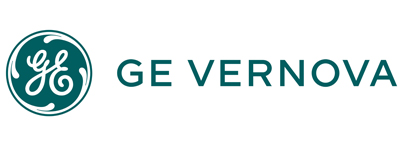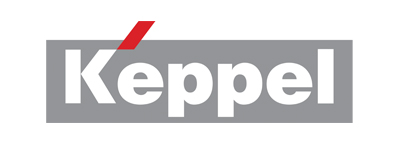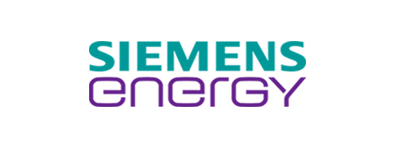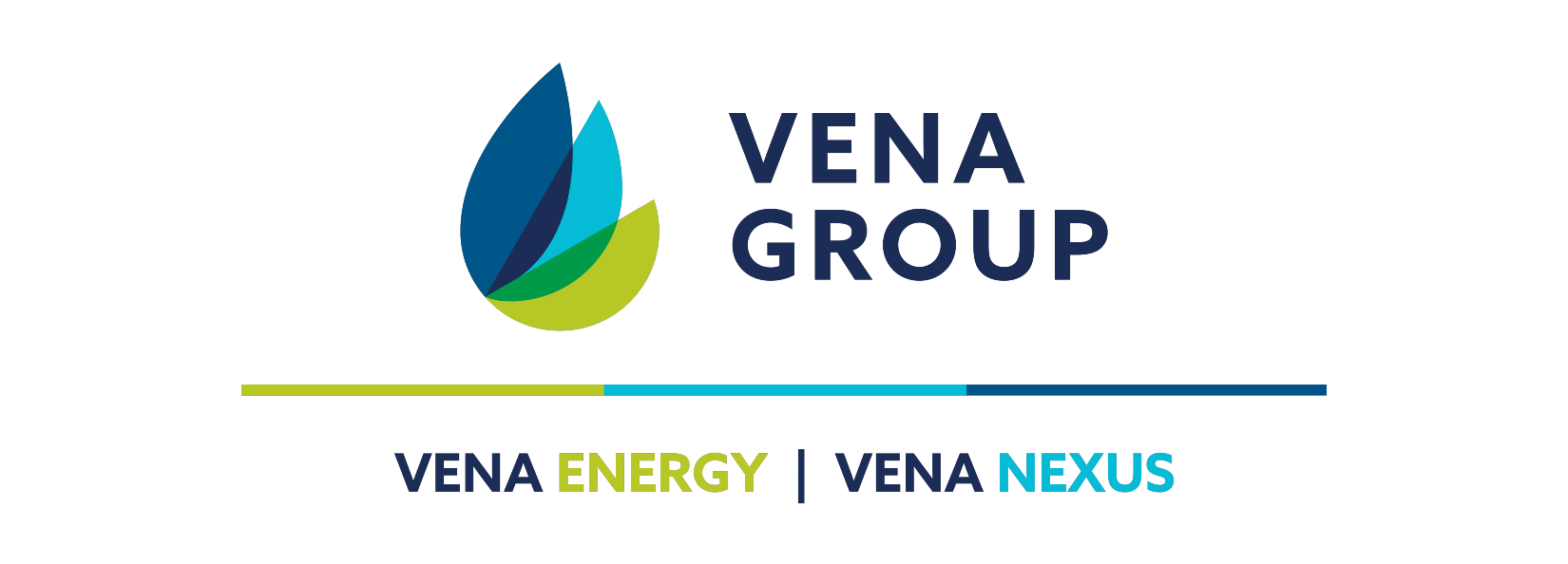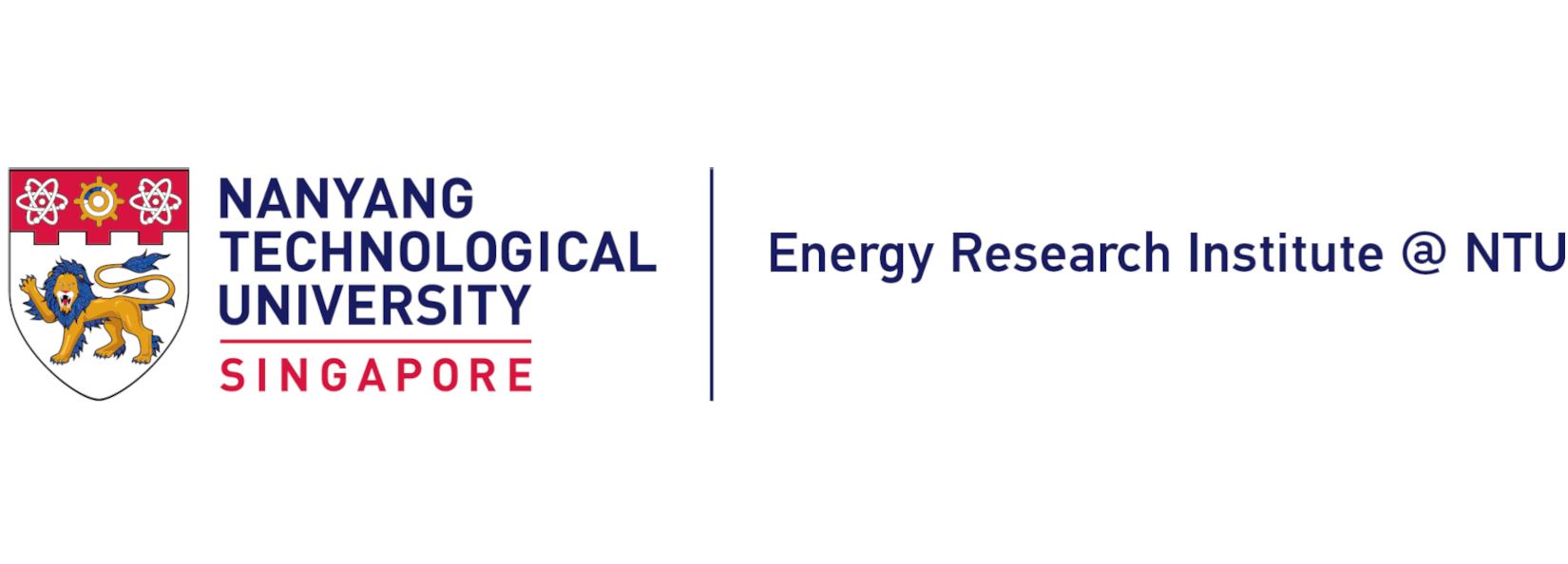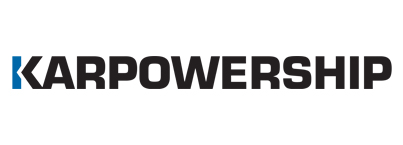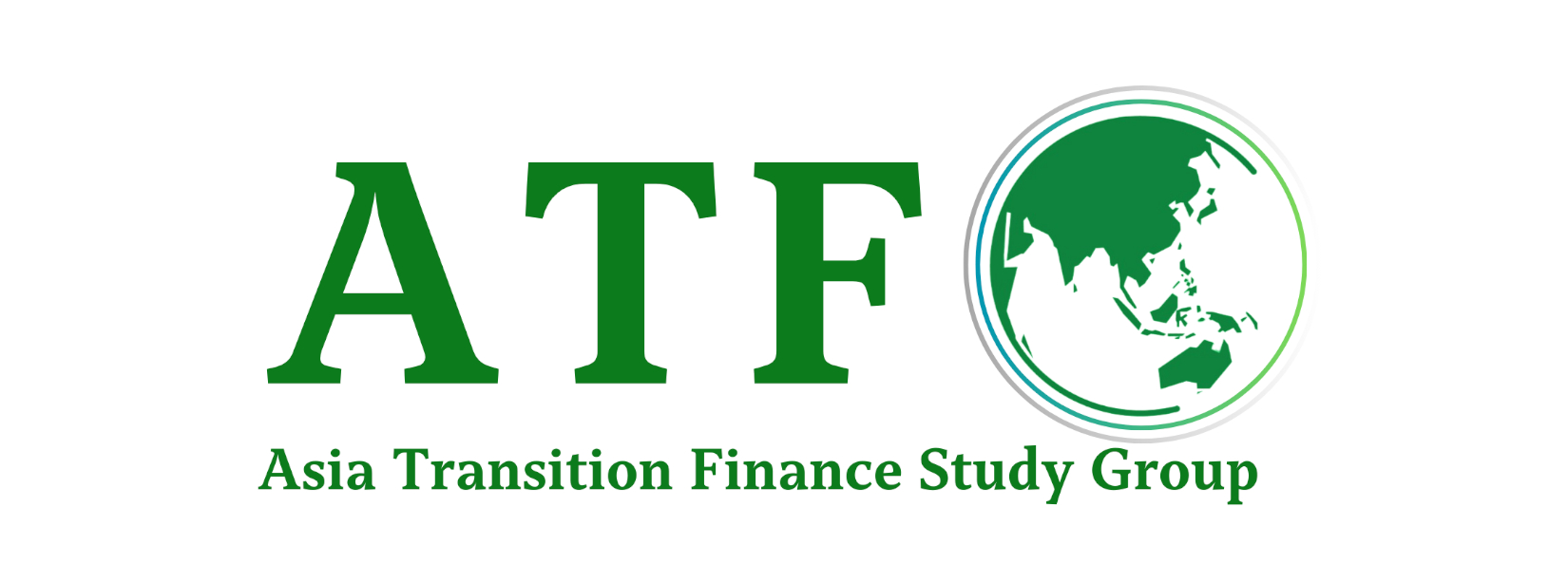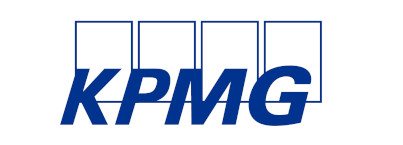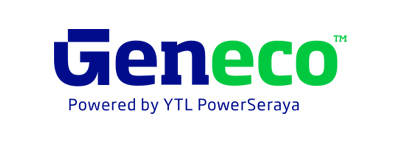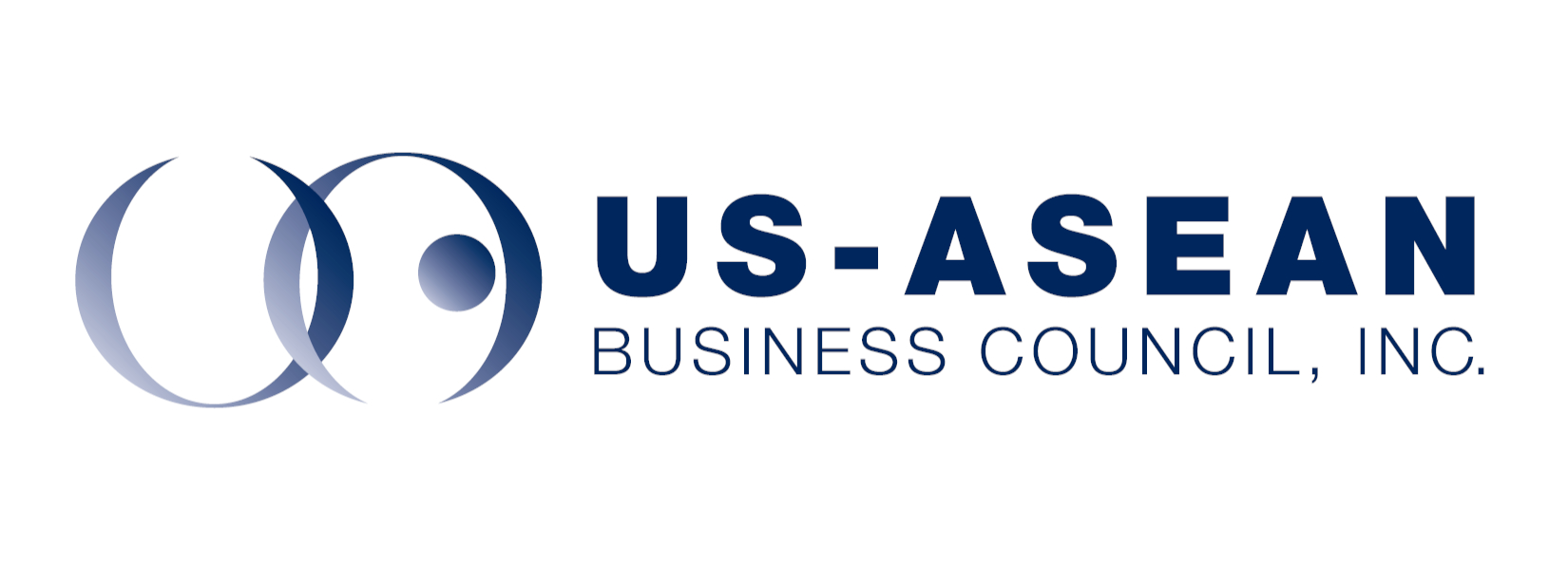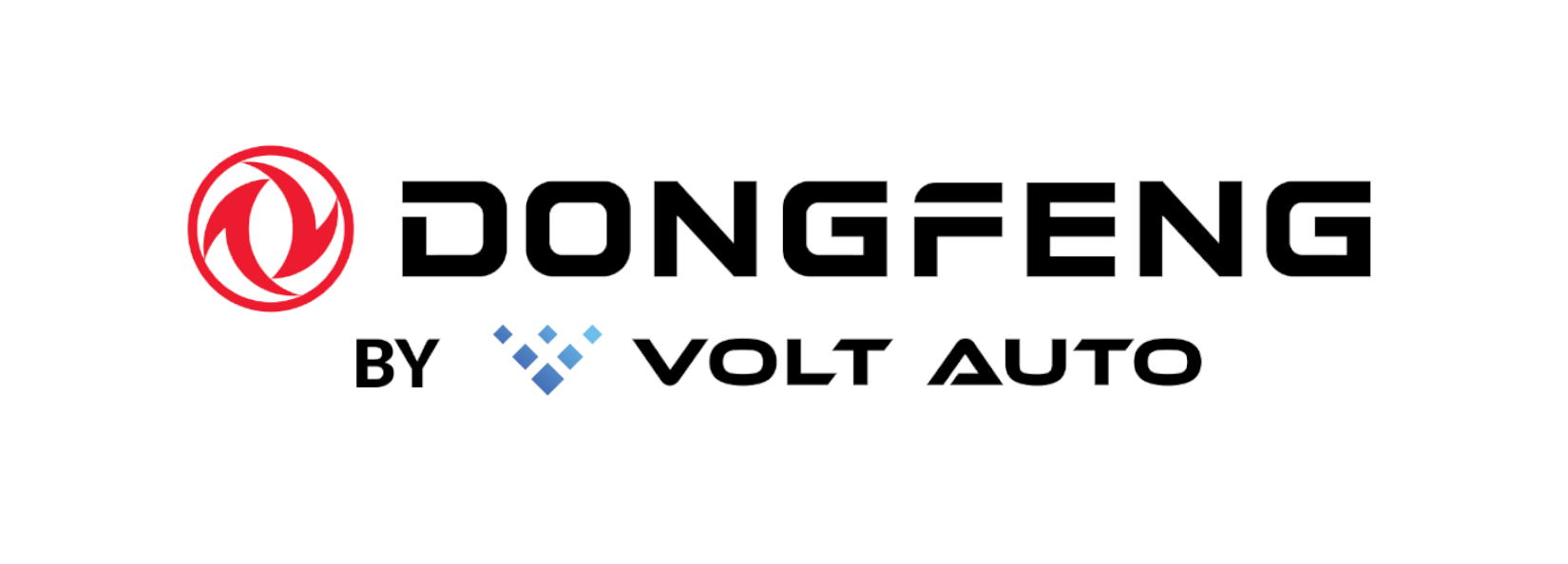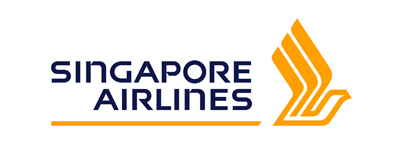The AI-Energy Nexus: Transforming the Transition to Low-Carbon Power
| Date | 31 Oct 2025, 09:30 - 11:30 hrs |
| Venue | Level 4, Melati Ballroom, Sands Expo and Convention Centre, Singapore |
CO-HOST Energy Studies Institute
Artificial Intelligence (AI) is revolutionising industries worldwide, offering transformative solutions to address one of the most pressing challenges of our time, climate change. By leveraging AI’s capabilities in data analysis, optimisation, and predictive modelling, industries can enhance energy efficiency, reduce carbon intensity, and drive sustainable innovation. The intersection of data centre growth and AI advancement has sparked serious discussions about power availability as a potential limiting factor in the growth of AI technologies. This rapid expansion has brought challenges in energy supply and management. On the other side, scalable AI infrastructure encourages innovation in designing data centres sustainably and other energy-efficient hardware designs.
This roundtable will explore the transformative role of AI in advancing cleaner energy initiatives, with a particular focus on its applications in optimising energy grids and managing the surging energy demands of AI itself. It will also address the challenges of sustainable AI implementation, including the carbon footprint of digital infrastructure and the need for robust policies to support its responsible adoption. Industry experts will delve into how AI can accelerate efforts to reduce carbon emissions, particularly in Asia, a region grappling with high energy demand, significant carbon emissions, and the increasing power needs of AI infrastructure.
Programme
Speaker:
Speaker:
Speaker:
- Dr Naoko Doi, Senior Research Director, The Institute of Energy Economics Japan (IEEJ)
Panel:
- Dr Naoko Doi, Senior Research Director, The Institute of Energy Economics, Japan (IEEJ)
Moderator:
Key Discussion:
- How does the rising adoption of generative AI models impact the overall energy needs and carbon footprint of data centres?
- What regulatory frameworks or sustainability certifications help govern responsible data centre development?
- How can government incentives and green certifications create opportunities for innovation in energy-efficient data centre design?
- Which technologies offer promising ways to reduce the energy intensity of data centre operations?
Panel:
Moderator:
Key Discussion:
- How can AI optimise grid operations and energy management, particularly in integrating renewable sources and balancing demand?
- How does physical digital infrastructure need to evolve to support the AI growth?
- How can policy frameworks effectively support the development and deployment of AI in power systems?
- What are the key challenges to AI adoption in power systems across different types of power markets?
- How can financing models be adapted to support integrated infrastructure development for renewable energy and AI-driven energy management systems?
*Programme is subject to changes.
Listen to SIEwCast
Episode 5: How FERC is reshaping the grid for the future
More programmes from SIEW
SIEW Summit
: SIEW 2025 Summit on 27 Oct brings global leaders together to explore “Envisioning Energy Tomorrow, Building Systems Today.”

Singapore-IEA Forum
: The Singapore-IEA Forum on 28 Oct focuses on Asia’s energy transition and regional cooperation.

SIEW Thinktank Roundtables
: Thinktank Roundtables on 30–31 Oct explore policy, technology, infrastructure and market design challenges.



